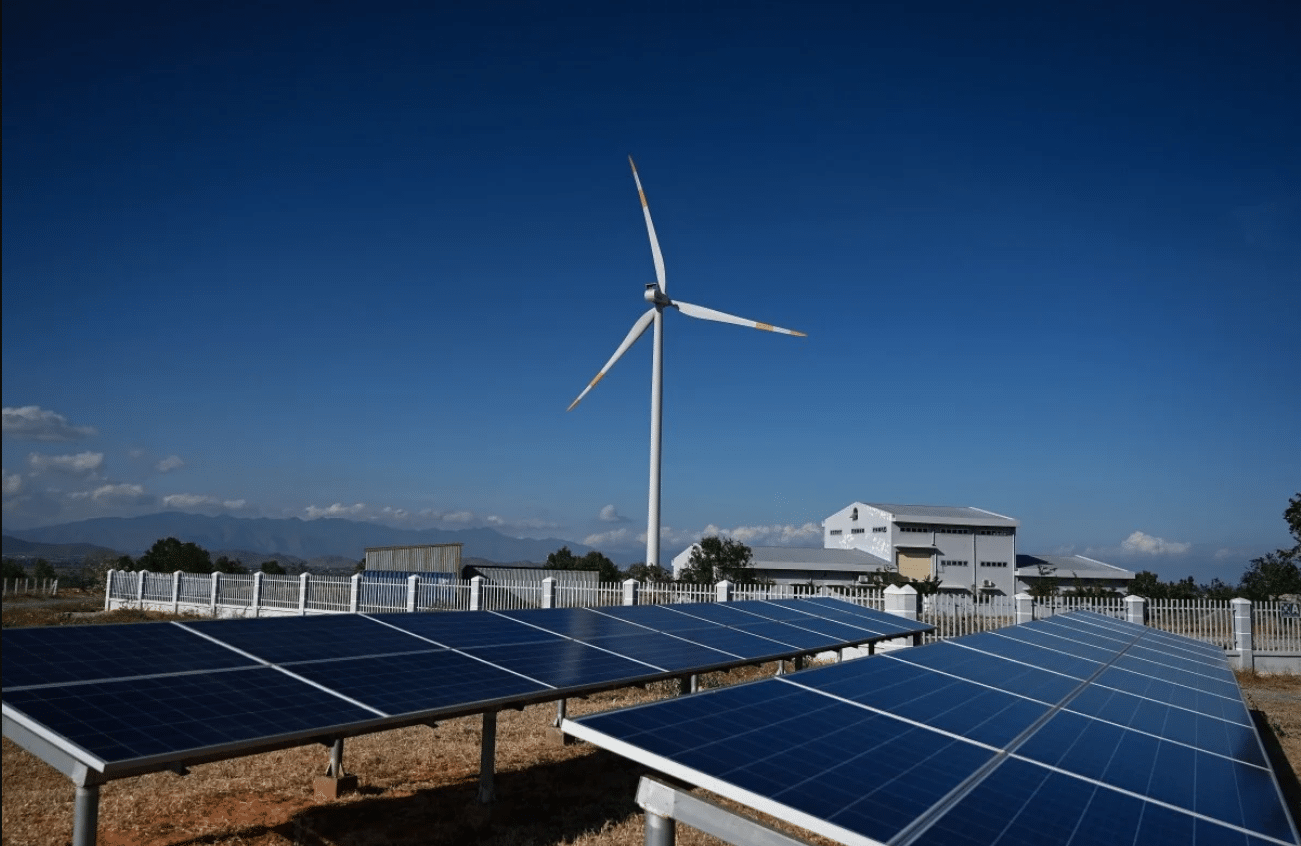
SCMP | Why coal should have no future in Southeast Asia’s energy mix
The View by Pamela Simamora, IESR’s Research Coordinator Growing energy demand in Southeast Asia is often associated with increasing coal use despite the ... Read more.

The Jakarta Post | Tug of war: Stakeholders clash over nuclear, fossil fuel addition to green energy bill
Green energy businesses and watchdogs are up in arms over the House of Representatives’ decision to add nuclear and “new” fossil fuel technologies into a ... Read more.
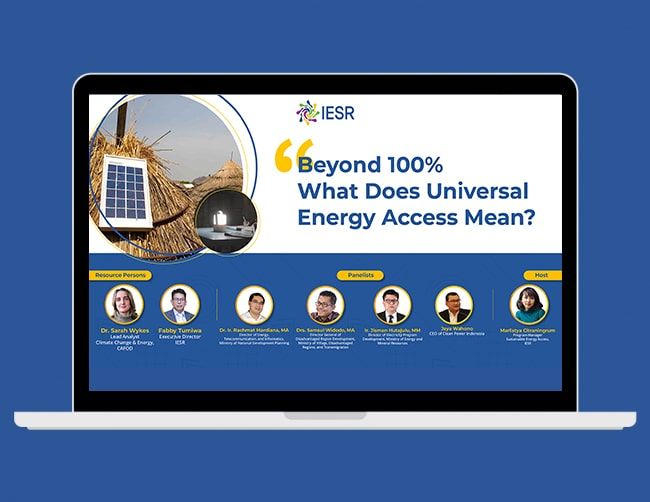
Beyond 100%: What does universal access energy mean?
In May 2020, The World Bank (with several agencies) issued a report on global energy access status Tracking SDG 7: The Energy Progress report 2020. In this repo... Read more.

The color of economic recovery is green
With the impacts of the COVID-19 pandemic felt far and wide, almost all countries are now in combat mode: issuing and implementing…... Read more.

‘It is time for Indonesia to become a solar powerhouse’
The Institute for Essential Services Reform (IESR), a Jakarta-based think tank, has emerged as a key voice calling for solar development in Indonesia. pv magazi... Read more.
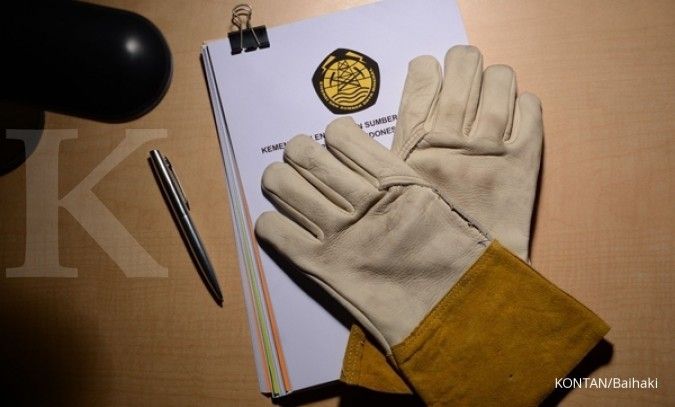
Kontan.co.id | Target investasi EBT tahun 2020 terancam meleset karena corona dan masalah regulasi
Rabu, 03 Juni 2020 / 18:16 WIB Reporter: Dimas Andi | Editor: Handoyo . KONTAN.CO.ID – JAKARTA. Situasi pandemi Corona dan belum rampungnya regulasi m... Read more.
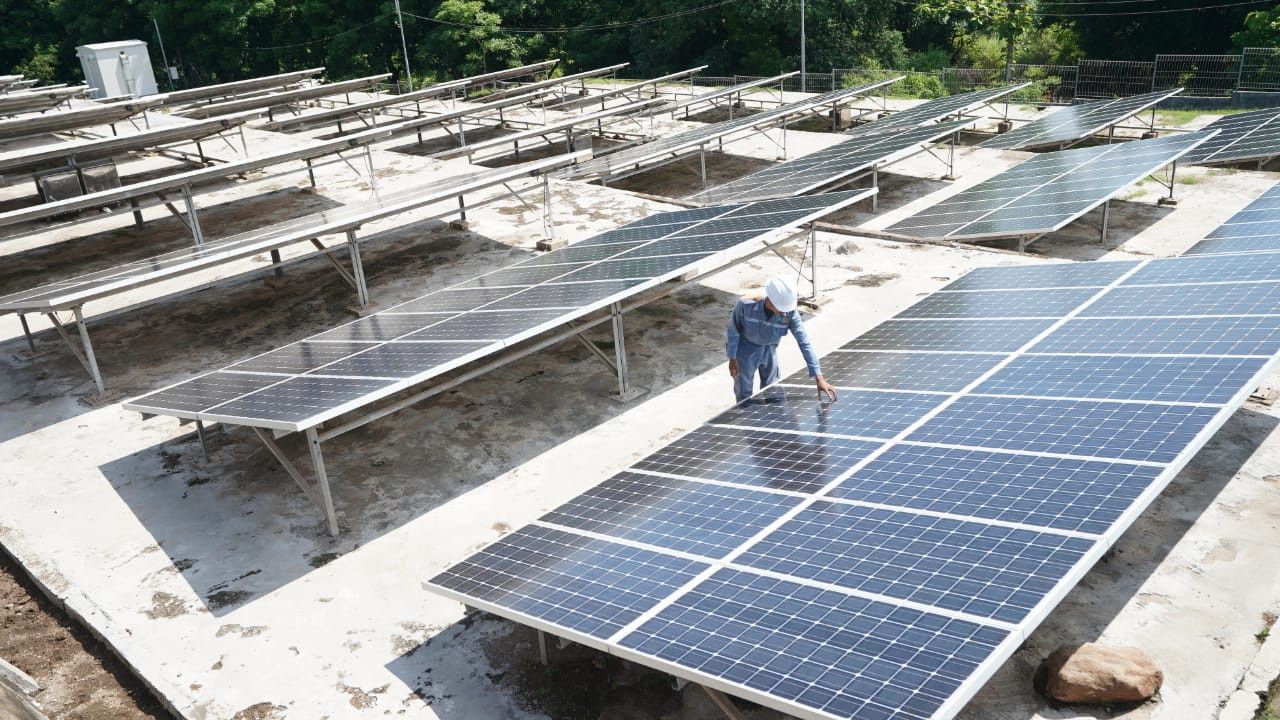
The Jakarta Post | Demand for photovoltaic panels plummets in Indonesia amid pandemic
Norman Harsono | The Jakarta Post Jakarta, 4 May 2020 Indonesia’s photovoltaic (PV) providers face a bleak business outlook at least in the next six months as... Read more.
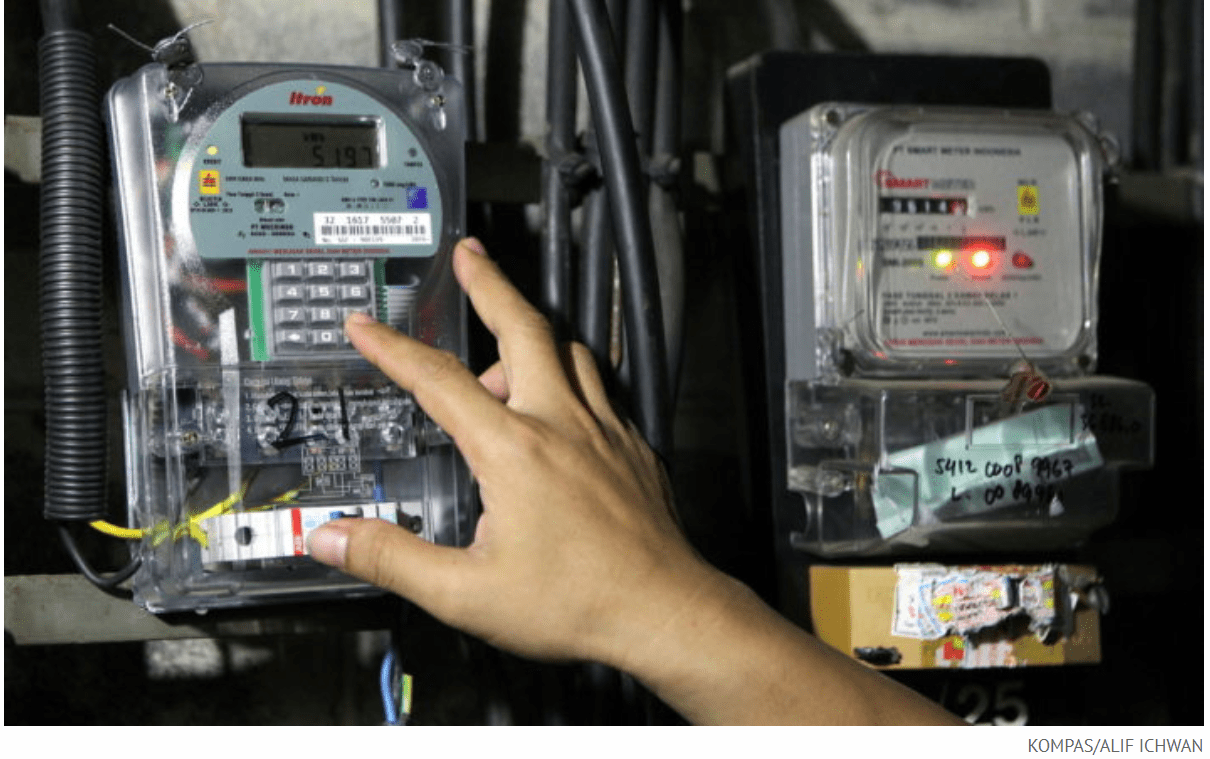
Kompas | Daya Beli Masyarakat Turun, Insentif Tarif Listrik Diusulkan
IESR mengusulkan pemberian insentif bagi pelanggan listrik rumah tangga golongan 450 VA dan 900 VA yang tidak mampu. Insentif tersebut berupa penggratisan tarif... Read more.
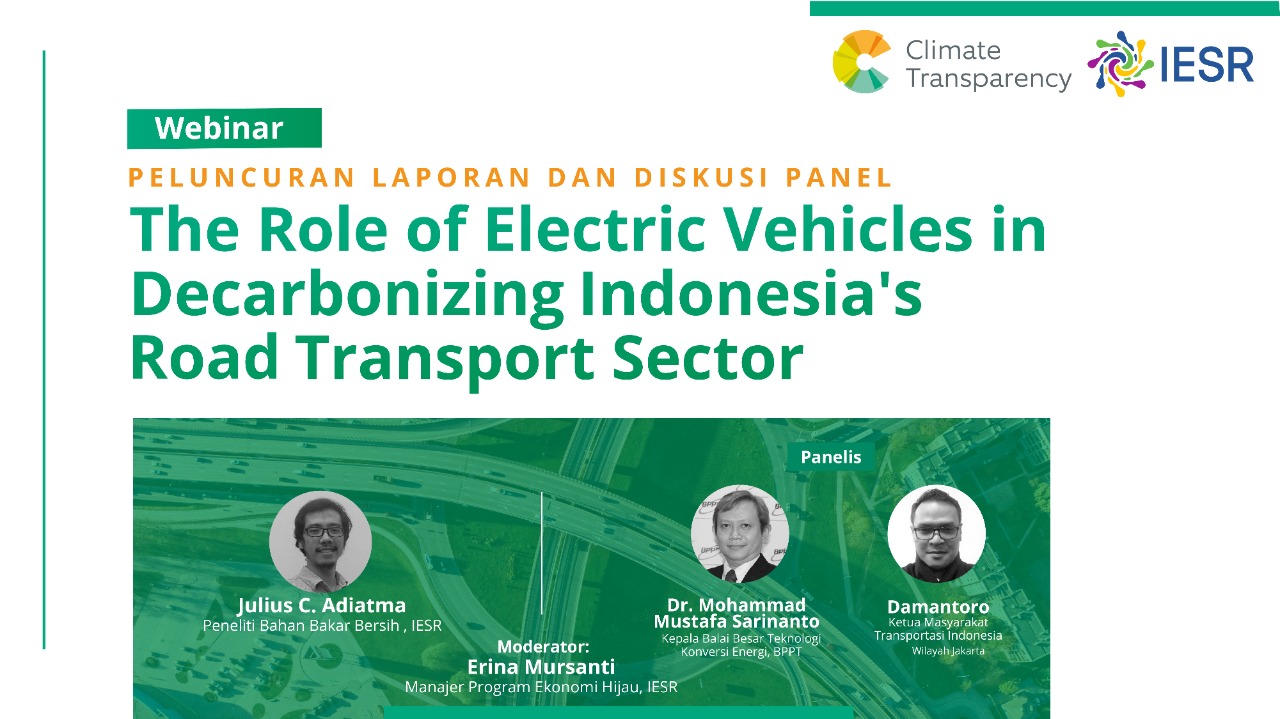
Kendaraan Listrik dan Dekarbonisasi Sektor Transportasi Darat Indonesia
Siaran Pers Transportasi darat sumbang emisi tertinggi dari total emisi gas rumah kaca sektor transportasi di Indonesia Kurangi emisi gas rumah kaca dari sektor... Read more.

Mongabay | Pembangkit Nuklir Bukan Solusi, Belajar dari Tragedi Fukushima
Masih ingat dengan tragedi Fukushima Daiichi? Tahun ini sembilan tahun sudah sejak kebocoran reaktor Fukushima Daiichi unit I,II dan III pada 11 Maret 2011. Kal... Read more.
